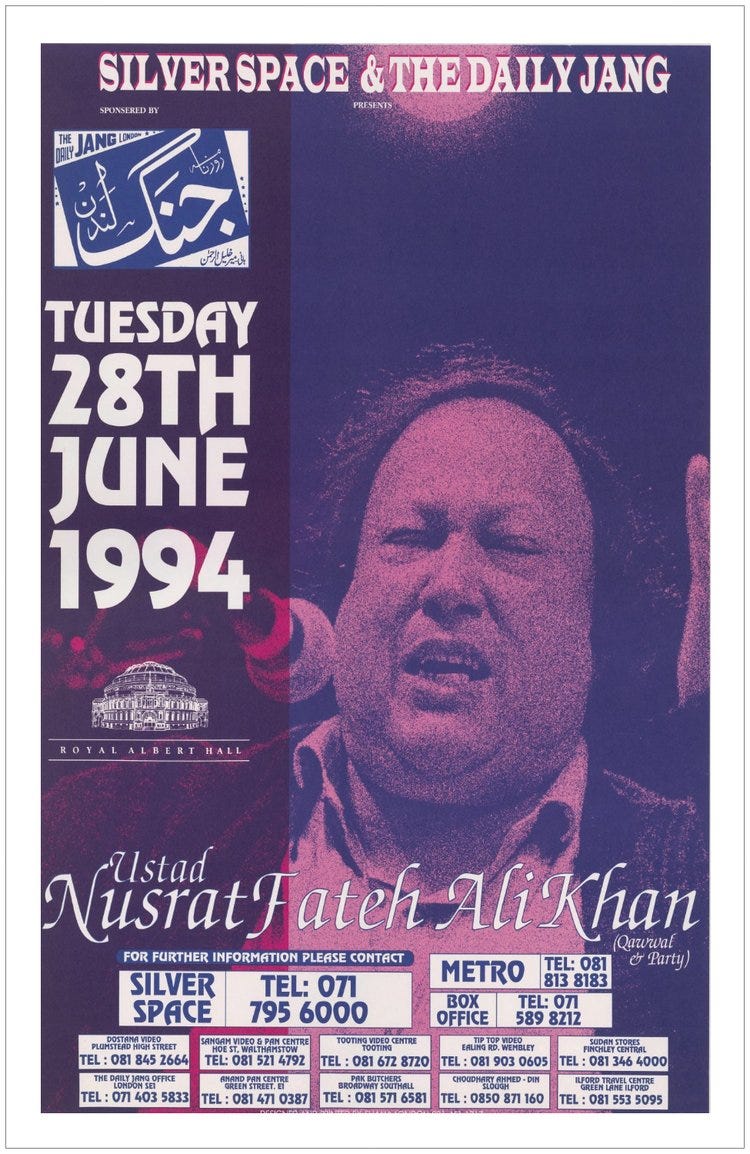Welcome to the Brown History Newsletter. If you’re enjoying this labor of love, please do consider becoming a paid subscriber. Your contribution would help pay the writers and illustrators and support this weekly publication. If you like to submit a writing piece, please send me a pitch by email at brownhistory1947@gmail.com. Don’t forget to check out our SHOP and our Podcast

Recommended Reads:
Zayn Malik and the Pervasive Racism He Faces
We all know his music and we all love his voice, but there is so much more than what meets the ear when discussing Zayn Malik. His journey in the music industry is one of remarkable resilience in the face of adversity, but it’s also a story about racism, representation, and the strength to rise above stereotypes. From the moment he stepped into the spotlight as a member of One Direction, Zayn faced a unique set of challenges—ones that went far beyond the typical pressures of fame. As a young, Muslim, Pakistani man in an overwhelmingly white, western pop industry, Zayn’s path to success was not just about his talent, but about how he was treated and how he chose to navigate the many obstacles in his way.







